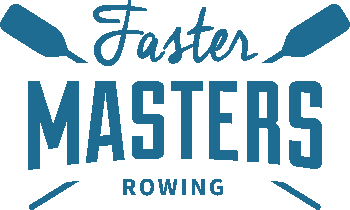It’s head racing season. Staying focused on the power and technique during a race. What are the best race plan calls to manage fade.
Timestamps
01:00 Train for fatigue and fade
Everyone needs this focus – you will get tired during a race. Working with crews who haven’t practiced together (throw-together crews). Discussed in Coach Mastermind Group Understand the language – have a common understanding and agree what calls mean and how to do the changes.
03:00 Focus on power
How to deliver power in the rowing stroke. Marlene likes a really steady pressure on the blade or good leg drive acceleration to build momentum and swing. Swing is a good call. Rebecca likes to stay longer on the legs and delay the back swing so you can keep the blade in the water a bit longer and make the swing more dynamic.
Ask the crew – is there a word which clicks for them the “mantra” word that works. The words you choose need (initially) to explain how to do the movement. This is useful for novices and crews who aren’t used to rowing together or are from different countries where conventions vary. A short call allows you to make a quick change within a few strokes.
08:00 Power push
When it ends focus on rhythm to maintain power – avoid extreme changes in power. Efficiency is a nice call – back off 1% on power and focus on your movements with no extraneous movements.
11:45 Technique calls to keep as steady a pace as possible. It helps if you have some things you have practiced together. One technical call is – stay tall at the finish to keep blades buried, or a good balance and set can be called alternating with power calls. Marlene finds a focus on clean releases helps the rest of technique to stay together and good.
14:30 How to do this in a single scull.
Practice to develop your plan and your key focus points.
Elite rowers continuously observe how you are rowing; how the boat is running relative to weather/wind and then you “pull a trick out of your bag” to respond to what’s happening. Then observe again and adjust. Be flexible and adaptable to the situation. Front of mind compared to back of mind thinking.
20:30 Calls to manage fade – learn personal pace judgement. People are often too conservative and it’s rare for people to blow up. The simpler your calls, the better as you get tired.
Learn how to be hard on yourself – in the first half of the race you probably won’t be tired until the second half. And you get more energy as you sprint to the line. Manage the “sag” in energy so it’s as little as possible. Our Faster Masters programs teach this with repeats of distance/time because these teach pace judgement.
23:00 Expect the fade to happen and to feel uncomfortable – train yourself to handle discomfort and hold it together. Your fitness training is important. A technique focus on bladework is good as it disturbs rhythm if it’s not good. Have self-talk ready to keep your focus.
What motivates you? Club rivalry, improved time. I couldn’t have pulled one stroke harder without losing my power / bladework / stroke rate.
26:00 What’s your goal for this race? I did the best on the day is your ideal outcome. Some days you race better and more consistently than others. If you race without a taper this may happen. Over time you will race better.
28:00 What not to say
When you are tired you’re not very objective. Rebecca loathes hearing “I can see the finish line” it’s not encouraging. Marlene hates “looking good” – that’s not enough. Cox should tell then what we are doing well right now. There’s always something you can improve. Most crews want to respond and perform for their cox. Ten strokes to the finish line when mis-counted it’s awful to hear “four more”. Always over-estimate. This leads the crew to get frustrated.
Times when you can lie to the crew – when the crew cannot see what you can see. They can’t verify your words. “Half a length to catch another crew” – a good example. An excellent cox can identify what every person needs and their focus. Get specific, it does not need to always be whole crew calls. Rebecca likes bow pair to get catches in early because the rest of the crew can feel this and add to the change.
Free head racing ebook – 8 articles of interest for you.


